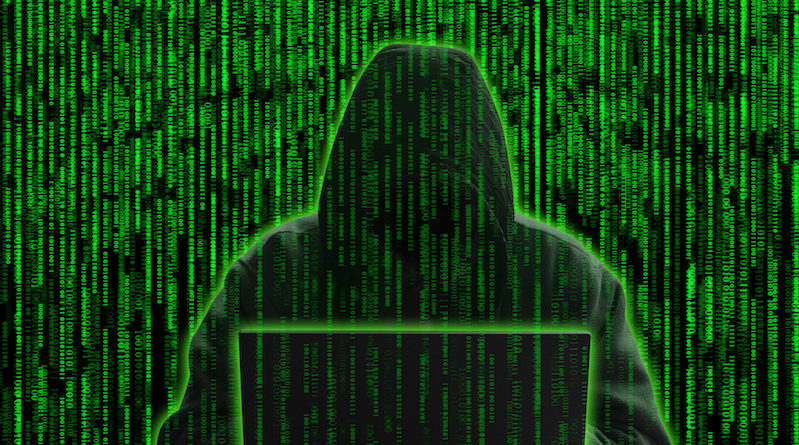Every era in time has witnessed some form of rebellion against status quo. Triggered by a surge of technological advancements, the 21st century has had its share of revolutions; disrupting traditional mindset to even opening up springs of socio-economic and political change as well as devastating cataclysms.
ICTs and the digital boom have indeed played a pivotal part in triggering awareness about our individual and collective rights, the critical role of inclusion and diversity and more importantly the gradual realization that no society can really flourish without the equal participation of all genders. But there is a flip side. With all things being said and done, life is still far from what it ought to be – be it gender equality, countering violence against women, education, economic development and what have you – there is so much to achieve on a local as well as global scale.
We are now living in parallel realities with as much at stake in virtual realm as in the real world. Indeed, the promise and potential of technology knows no bounds. In fact it is like an unbridled horse, unleashing power that can be served for global social good and unfortunately for all that is ruinous for humanity.
Yes, technology has laid the groundwork for positive, sustainable development; but it has also ushered in a more dynamic, more treacherous form of suffering – especially for those who to-date are still marginalized – women! With the aid of ICTs, the World Wide Web is witnessing a convergence of real world violence against the female gender into one that is virtual, multi-dimensional and very lethal. It is in fact an overt expression of inequalities transmuted into digital space.
According to a PEW research, women overall are disproportionately targeted by the most severe forms of online abuse including trolling, violent threats, stalking and blackmail etc. Cyber violence is a global issue with seriously debilitating implications; but sad to say these are not truly recognized as one even now. According to UN Women’s Phumzile Mlambo-Ngcuka: “Online violence has subverted the original positive promise of the internet’s freedoms and in too many circumstances has made it a chilling space that permits anonymous cruelty and facilitates harmful acts towards women and girls.”
One of the many reason why Cyber Violence Against Women and Girls (Cyber VAWG) is more dynamic and more destructive is that it helps maintain anonymity of perpetrators. While there are no actual physicalities involved in Cyber VAWG, its repercussions are in fact very real and truly physical. What’s more, because of having a non-physicality aspect attached to online abuse, people are slow to respond and redress.
One of the many reason why Cyber Violence Against Women and Girls (Cyber VAWG) is more dynamic and more destructive is that it helps maintain anonymity of perpetrators.
A UN Women research reveals women and girls aged between 18 to 24 are more likely to experience stalking and sexual harassment in addition to physical threats. One in five female Internet users live in countries where cyber harassment is very likely to go unpunished. Overall 73 percent of women have already been exposed to or have experienced some form of online violence. Online abuse not only takes a toll on woman’s well being and emotional health, marginalizing them even in the virtual world; it gags their voice, freedom of expression and dismantles their digital footprint. In addition to this, it enables perpetrators to get away with the crime as the lack of proper regulation incapacitates prosecution of the offenders.
It is high time we realize that failure to address cyber violence against women will most certainly lead to disempowering women. It is critical for all stakeholders from state, community, family to individuals as well as private and public sectors, tech industry, ISPs and telcos to come on board together and help deescalate this issue.
There is an urgent need for devising inclusive, implementable policies with equal participation from all sides. Setting up local, regional as well as international cyber watchdogs or gatekeepers comprising of ISPs, Telcos and civil society can be a positive start in the right direction. Leveraging technology such as big data can play a huge role in monitoring, assessing and even –at times – preempting online abuse. Last but certainly not the least, it is fundamental to sensitize the public through awareness so that complacency at the grassroots level is weeded out completely and redressal is swift.
This article was first published by Sabin on World Pulse in her personal journal.











